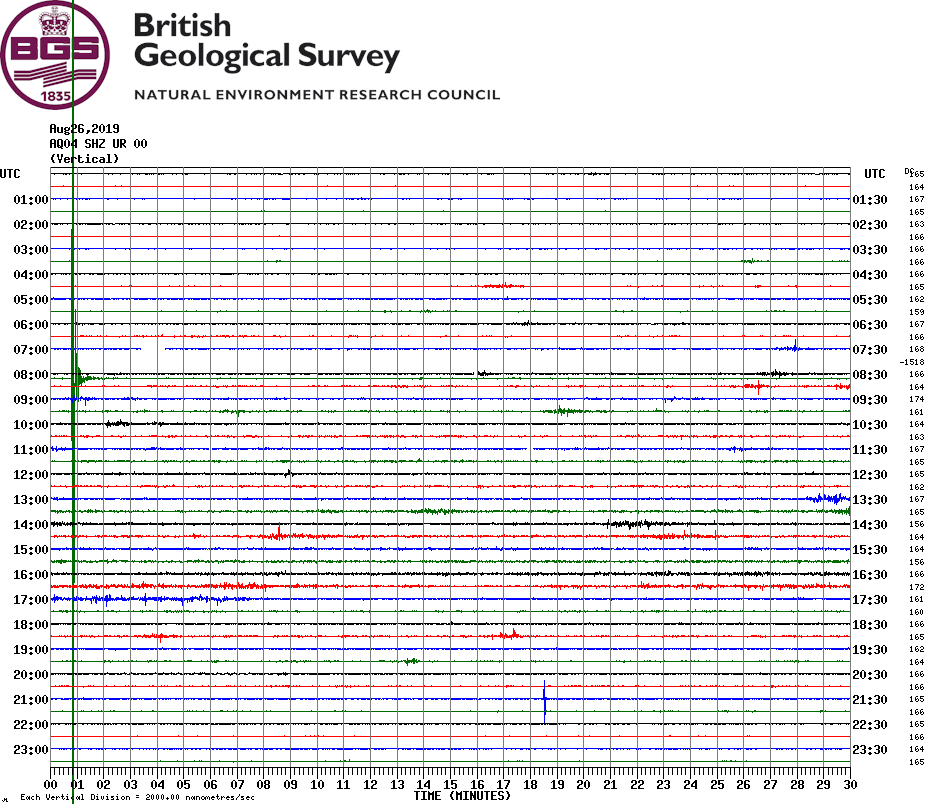Fracking in England
‘Energy’ is increasingly pressing itself onto public agendas, as global concerns grow about climate change, environmental degradation and the depletion of natural resources. Today, many are critically discussing and debating what a sustainable, low-carbon energy future might look like, and how we might get there; what risks we should and should not take; and how we should protect the most vulnerable along the way. Such discussions unfold in a geopolitical context wherein nation-states increasingly prize energy self-sufficiency.

In this world, hydraulic fracturing – or simply fracking – has become a flashpoint. Fracking has made it possible to extract previously inaccessible natural gas from shale rock miles underground. For proponents, shale gas promises an interim solution on the road to a greener, cleaner, low-carbon future. For opponents, it promises only delaying that future while ravaging the planet and endangering human health. While some governments have responded with fracking moratoria, others are pressing ahead with shale gas exploration and exploitation.
This five-year SSHRC-funded project considers how fracking controversies are mediated so that decisions can be made and enacted. Its focus is England, where democratic decision-making mechanisms place a premium on evidence-based policymaking. While British decision-makers, scientists, energy companies, environmentalists and the public debate fracking, decisions are made based on evidence produced through scientific, legal and regulatory evidentiary regimes. Yet uncertainty bedevils the process, as questions about fracking risks intersect with scientifically challenging areas: modelling the deep underground, elucidating environmental health effects and understanding earthquakes. In this high-stakes decision-making arena, how is evidence produced? Whose evidence counts and in what settings? When is evidence certain enough to precipitate action? And who says?
The project’s ultimate aim is to enhance understandings of how democratic decision-making mechanisms deal with the scientifically-, morally- and politically-complex questions posed by energy in the 21st century.
